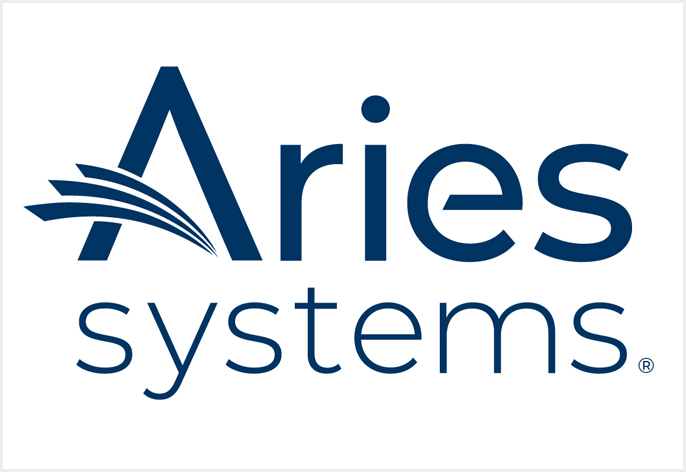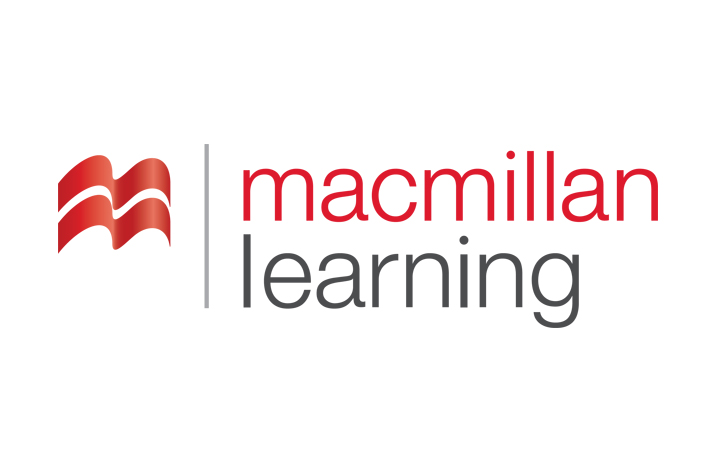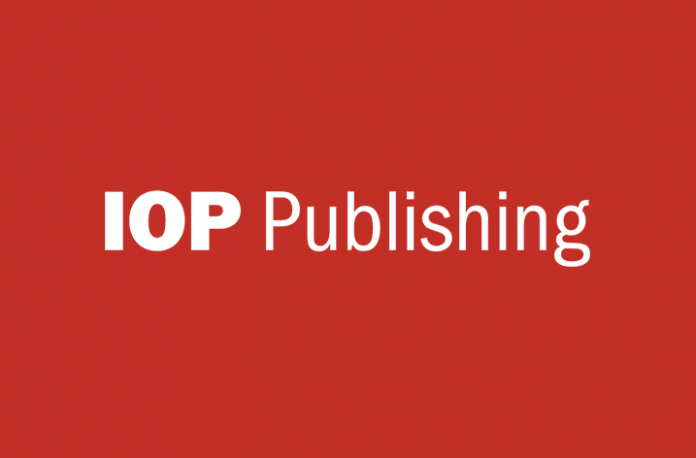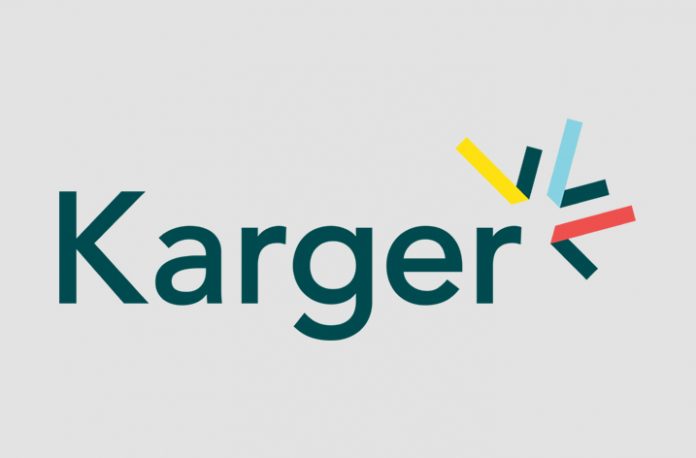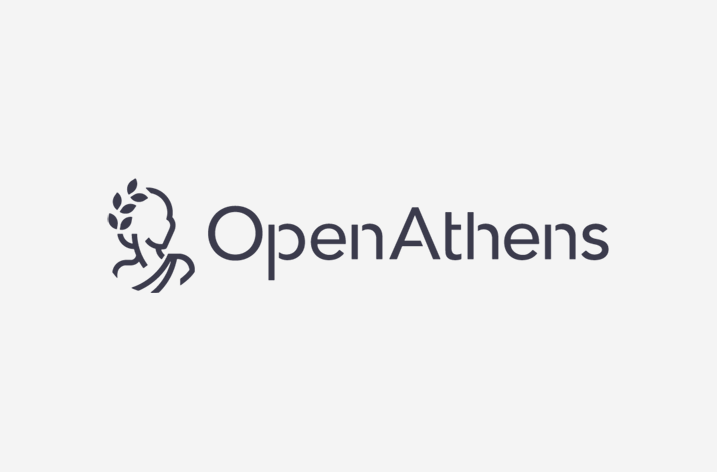Aries Systems Corporation, a leading provider of workflow management technologies for the scholarly publishing community, and Clear Skies, the industry-leader in paper mill detection, announce their partnership to offer publishers an advanced research fraud detection solution directly within in the editorial workflow.
Paper mills, the business of manufacturing and profiting off research fraud, is a growing ethical challenge in the scholarly publishing community. As paper mill articles are increasingly harder to detect, publishers’ reliance on peer review and manual screening processes can fail to prevent deceitful content from reaching publication. In addition to wasting publisher resources, harm may come to journal reputations and the communities in which the research is intended to serve. To mitigate these risks, Aries Systems and Clear Skies have collaborated to integrate Papermill Alarm, a paper mill detection service, with Editorial Manager® (EM), the leading submission and peer review tracking system.
Leveraging advanced data analysis, network analysis, and the power of Artificial Intelligence (AI), Papermill Alarm accurately and efficiently identifies manuscripts with features and patterns consistent with organized fraud. Upon submission in EM, articles are automatically analyzed by Papermill Alarm’s algorithms without the need for a manual trigger. Three classes of alerts are raised to journal Editors in EM, which include convenient color-coded indicators that signify the levels of similarity to known paper mill products. Editors can view additional context provided with the alerts from the Papermill Alarm system, which can help inform how they manage or investigate articles. As the Papermill Alarm adapts to emerging fraud techniques, scholarly journals can harness powerful technical checks early in the manuscript lifecycle to avoid expensive retractions and uphold trust in global research.
“With fraudulent research and bad actors on the rise, Aries remains committed to supporting integrity in scholarly publishing,” said Pierre Montagano, Aries’ Director of Sales and Business Development. “Our collaboration with Clear Skies allows publishers using EM to expose potential suspicious activity in real-time. As the latest addition to our ecosystem of connected solutions, the Papermill Alarm integration will save Editors valuable time screening manuscripts, target which require further investigation, and offer a higher level of confidence in their publications.”
Adam Day, Founder of Clear Skies, stated “We’re thrilled to join forces with Aries Systems to combat research fraud. By leveraging the Papermill Alarm, our industry-leading papermill detection service, publishers not only benefit from convenient alerts within their Editorial Manager workflow, but also from continuous improvement and updates.”
The Editorial Manager/Papermill Alarm integration is now available. For more information, contact the Clear Skies team at info@clear-skies.co.uk to get started.

























